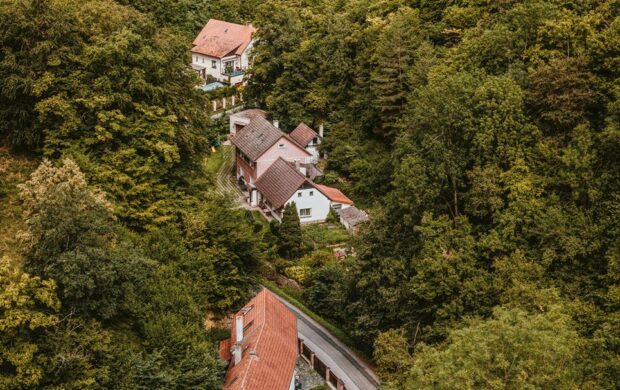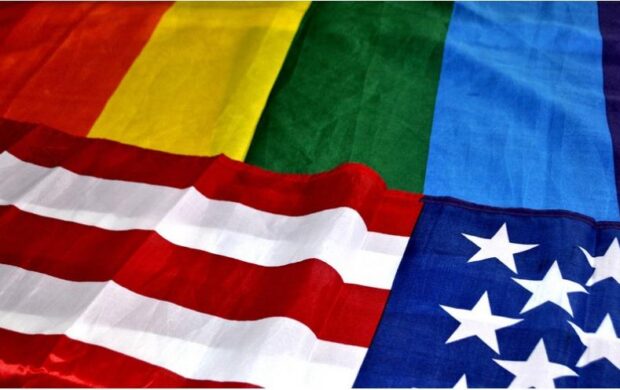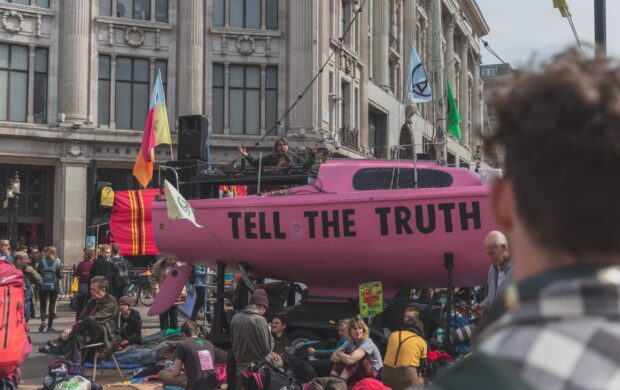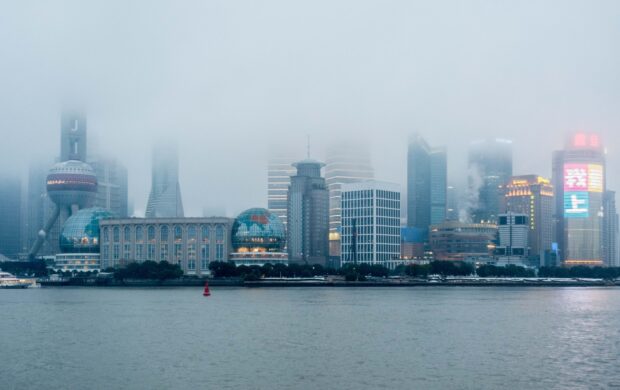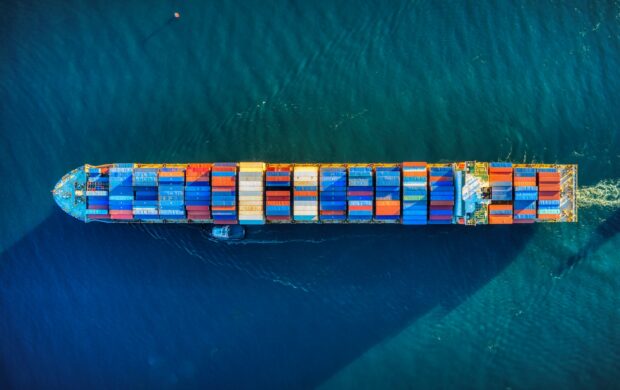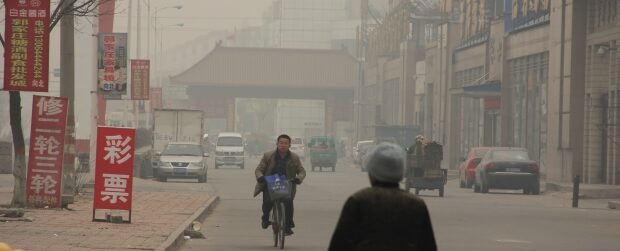Over one hundred Starbucks coffeehouses across Japan are transformaing waste coffee beans into feed for dairy cows – and buying back their milk
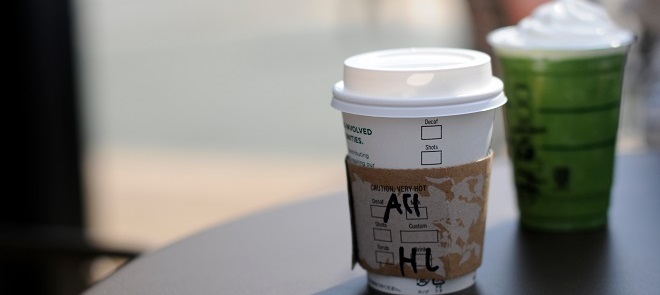
It’s never too latte to up your game – a point Starbucks is milking with the introduction of a system that turns waste coffee grounds into cattle feed. Not just any feed indeed, but that given to the cattle producing milk for coffees in over one hundred Starbucks coffeehouses across Japan. With over half the world’s grain currently used to feed livestock, the Food Recycling Loop is a great example of a closed-loop approach returning valuable nutrients into productive use in the food system.
“Tackling food waste is critical to fixing our broken food system”, says Fiona Dawson, Senior Sustainability Advisor at Forum for the Future. “1.3 billion tonnes of food is lost or wasted throughout the world every year. We can’t eat coffee grounds, so it’s exciting to see a technology that seems to be turning coffee grounds into nutritious cattle feed – previously this has been off limits, even in countries like the US that permit feeding of food waste to animals.”
The process is a relatively simple one: waste coffee bean cakes are collected from Starbucks outlets in Kanto and Kansai in trucks which are already delivering chilled products to the Japanese coffeehouses, minimising storage and transport costs as well as carbon emissions. They are then dehydrated, processed using a lactic acid fermentation technique, and turned into a substance which can be fed to cattle or be used as compost fertiliser. The resultant milk and vegetables are used either as ingredients for beverages and sandwiches served in Starbucks stores, or sold by other food businesses in the Greater Tokyo Area. At present, there are no immediate plans to expand the programme beyond Japan.
“The programme gives us an opportunity to be part of an innovative solution in this particular community when it comes to recycling used coffee grounds”, says a spokesperson for Starbucks. “It has received two certifications for food recycling under the Law for Promotion of Recycling and Related Activities for the Treatment of Cyclical Food Resources, and is the first recycling loop ever certified in Japan where coffee grounds are recycled as feed and fertiliser. Customer feedback on the milk has been positive, and it meets the high standards we have for all Starbucks ingredients.”
Image: Drinks for humans, feed for cows.
Image Credit: Bong Grit / Flickr


